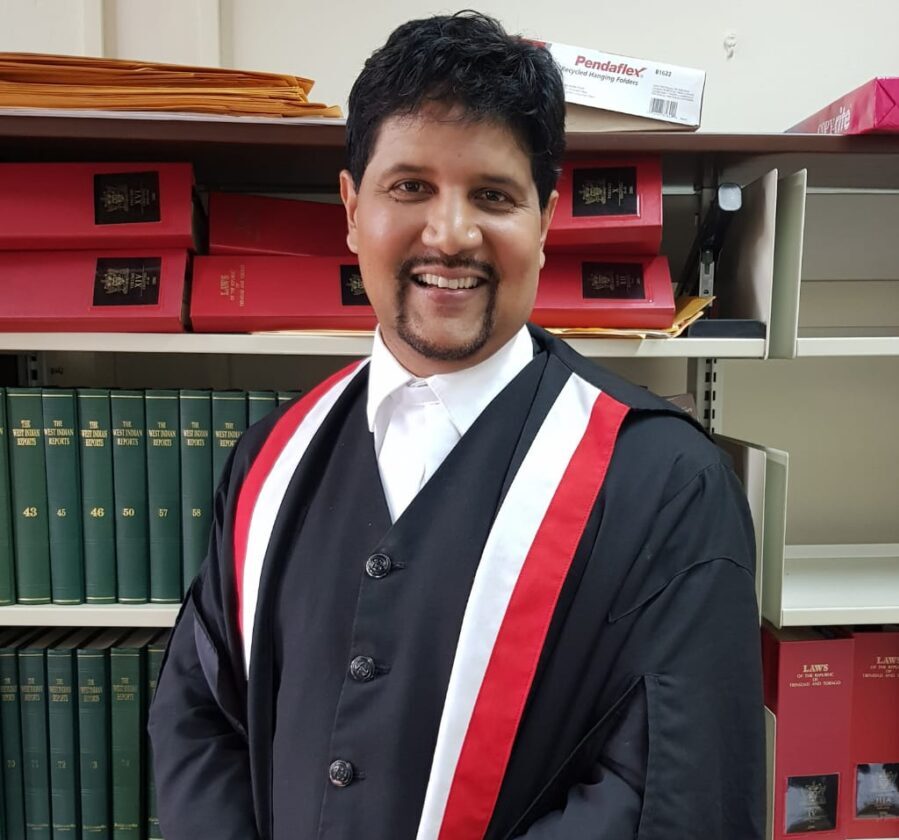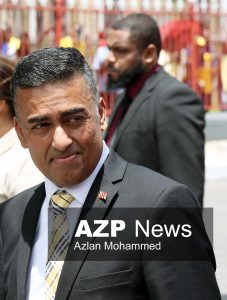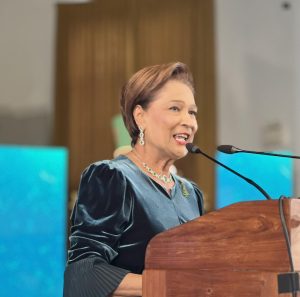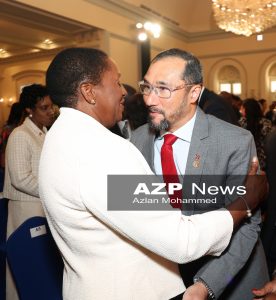By Prior Beharry
AN appeal of a decision of the transport commissioner to suspend a person’s driver’s licence must be done at the Appeal Court and not the High Court.
This was the ruling of High Court judge Frank Seepersad on Tuesday in a matter brought before him by driver Zachary De Silva who wanted a decision by the transport commissioner to suspend his licence based on the demerit points system to be declared unreasonable, improper and irregular exercise of his discretion.

The judge said the legislation regarding appealing a decision of the transport commissioner under the Motor Vehicle and Road Traffic (Amendment) Act 2017 was not clearly drafted.
In his judgment, Justice Seepersad said, “The Appellant initiated the instant appeal under section 88M(9) of the Motor Vehicle and Road Traffic (Amendment) Act 2017 (the 2017 Act) as he was disqualified/suspended from holding or obtaining driving permit… for a period of six months under section 88M of the 2017 Act.”
The judge referred to Section 9 of the act which stated that a person disqualified from holding a driving permit may appeal to “a court of competent jurisdiction.”
Justice Seepersad while the act made reference to a “court” and “court of competent jurisdiction” these terms were not adequately defined in any part of it.
He said, “In the discharge of its obligation to determine the appropriate forum under section 88M(9) of the 2017 Act, the court noted that a pivotal purpose of the amendment was to remove many traffic matters away from the Magistrates’ Court which enjoyed almost exclusive jurisdiction over same.
“Against such a backdrop, the court asked itself, ‘Why would Parliament now place an additional burden on the High Court, while at the same time streamlining the procedure in order to reduce the number of traffic matters going before the Summary Courts?’”

Justice Seepersad said, “This court is therefore resolute in its view that under the 2017 Act, the intention of Parliament was to continue the scenario which operated under the act prior to the amendment and vest almost exclusive jurisdiction to the Summary Courts for the matters that were not removed under the amendment.”
He added, “The 2017 Act however does not expressly provide for the exercise of an appellate jurisdiction at the Magistrates’ Court but there is also nothing in Section 88M(9) which suggests that ‘court’ expressly refers to either the High Court or the Court of Appeal. Therein lies the uncertainty.”
Justice Seepersad said this piece of legislation “did not properly address the issue as to the appellate forum.”
He noted that laws should be drafted with precision.
Justice Seepersad said, “A lack of precise language is also apparent as section 88M(1) uses the mandatory word ‘shall’ in relation to disqualification after a certain number of demerit points are acquired but thereafter provides for a process of representation before the transport commissioner determines whether to disqualify.
“Greater care is required in the legislative drafting process.”
Justice Seepersad said, “Given the finality of the wording of Section 88M(9) on appeal, this court is resolute in its view that the appropriate forum for the determination of this manner of appeal is the Court of Appeal and not the High Court.
“The appellate jurisdiction of the Court of Appeal existed from the inception of the act and in relation to traffic offences the High Court never exercised an appellate jurisdiction. Its involvement with traffic related matters was always confined to trials of indictable traffic offences.”
He dismissed the claim by De Silva and ruled that each party bear their own legal cost and noted that the decision of De Silva to bring the matter to the High Court should not be faulted.
De Silva was represented by Devvon Williams who was instructed by Kimaada Ottley while Ravi Nanga, Rachel Theophilus and Savitri Maharaj appeared for the Licensing Authority of T&T.
![]()












